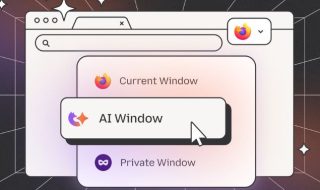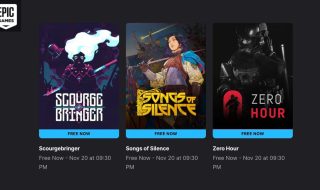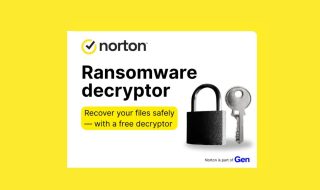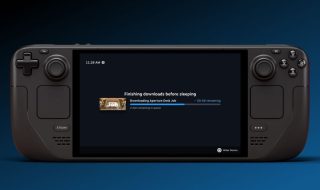Google is revising its plan for Android developer verification after facing strong criticism from the community. While most users will still need to install apps only from verified developers, advanced users will now have a way to bypass the restriction.
The company says its main goal is to protect users from harmful apps. Sideloaded apps, or apps installed outside of the Play Store, carry over 50 times more malware than those in Google Play, according to Google. These apps can steal sensitive information, including bank details and two-factor authentication codes.
To address user concerns, Google will introduce an “advanced flow” for experienced users. This will allow them to install unverified apps while providing clear warnings about the risks. Google says the feature will be designed to prevent scams or coercion and is now open for early feedback.
Students and hobby developers will also get special accounts that let them share apps with a small group without paying the $25 developer fee or completing full verification.
Starting in September 2026, all Android apps on certified devices must be registered by verified developers. The rollout will begin in Brazil, Indonesia, Singapore, and Thailand before expanding worldwide. Developers will need to provide identification, phone numbers, and email addresses. Organizations will also verify their business registration using a DUNS number.
Google emphasizes that this system makes it harder for cybercriminals to distribute harmful apps while keeping the Play Store ecosystem safer. Apps can still be installed through enterprise tools or ADB for advanced users.
The move has sparked mixed reactions online. Some tech experts argue that Android should remain open and flexible, while others support the change as necessary for security. Initiatives like “Keep Android Open” continue to challenge Google’s approach and advocate for developer freedom.











